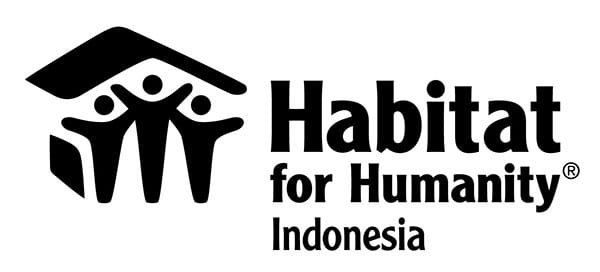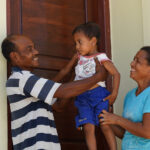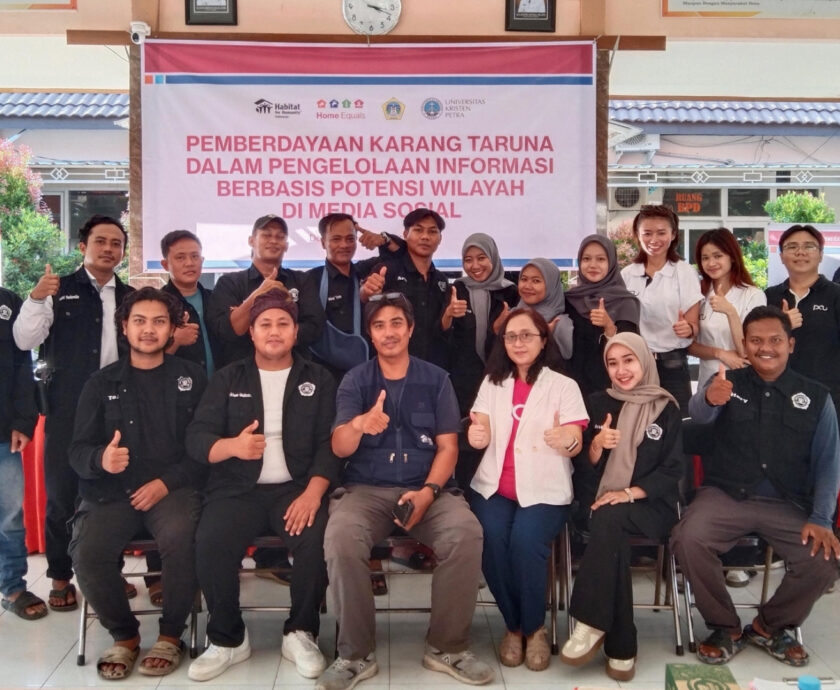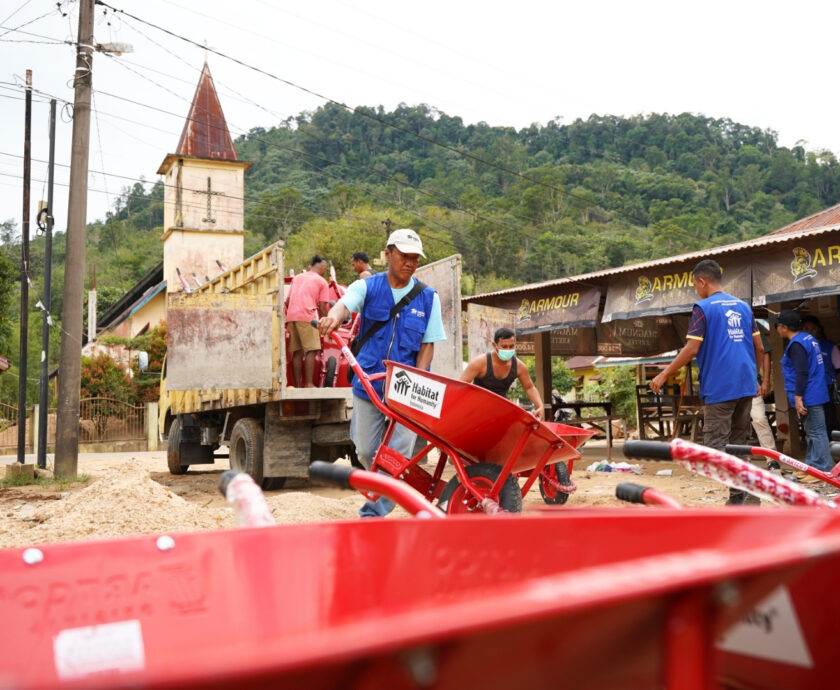Jakarta, November 17, 2025 – Some 2.8 billion people around the world still lack adequate housing—a staggering figure that leaves a third of humanity exposed to the mounting hazards of climate change. Governments and housing agencies have spent years launching various efforts and systems to tackle the problem. Yet, despite these efforts, the global housing deficit persists, further strained by rapid urbanization, intensifying disasters, and a warming planet. The task ahead is not merely to build more homes, but to connect the disparate systems meant to deliver them.
Numerous actors, each with their own expertise, have attempted to improve access to decent housing. Yet entrenched practices and siloed approaches often impede the integration of these efforts. Given the sheer scale of housing needs, incremental improvements no longer suffice. Simply constructing housings and planning settlements will not resolve the crisis. The greater challenge lies in shaping the systems that govern how people access housing in the first place. Housing, after all, is not a single system but a complex web of interlocking systems, including markets, institutions, and social norms. If the barriers between these systems can be dismantled, the sector may yet evolve into a more competitive, accessible, and sustainable landscape.
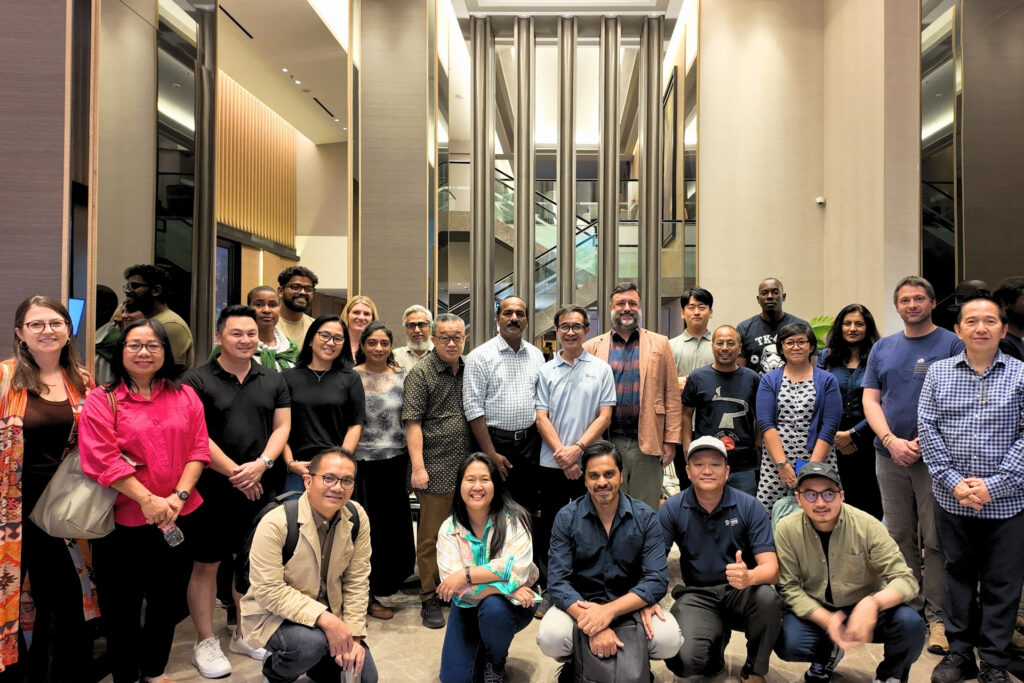
A small step in that direction came last week, when the Terwilliger Center for Innovation in Shelter (TCIS) ran a capacity-building workshop for Habitat for Humanity teams across the Asia-Pacific region. The session—Habitat for Humanity Indonesia was happy to host this event—introduced participants to systems thinking, human-centered design, and market-systems development. The lessons were weighty but worthwhile, and participants left more capable of steering housing solutions toward the low-income families that need them most.
We’d like to give a big shout-out to Scott Merrill, Sheldon Yoder, and Al Francis Razon, as well as the rest of the TCIS team, whose deft facilitation transformed complex material into a reflective and collaborative learning experience for their Habitat for Humanity colleagues. If the insights gleaned translate into action, more families across the region may soon find themselves in healthier and more resilient homes.
Writer: Arwin Soelaksono/Program Director Habitat for Humanity Indonesia
(kh/av)
